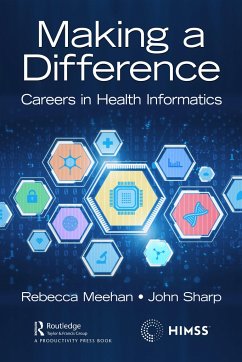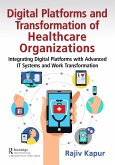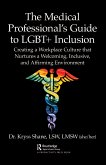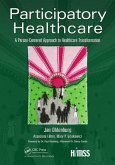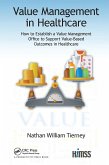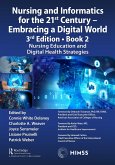Making a Difference: Careers in Health Informatics addresses everyday questions from people interested in working in health informatics. Typically, this includes people who work in health care, computer and technology fields, information science, finance / insurance and related areas. The book aims to tell students about various jobs that exist in the health informatics field, what credentials they need to qualify for those jobs, and a brief description about what people in those roles tend to do every day. As faculty members teaching in a Master of Science in Health Informatics program, the authors say that they are fortunate to have eager, bright, and talented graduate students who are invested in related health informatics areas. This could be their experiences in medicine, nursing, clinical care, software engineering, finance, business, library science, data science, or caregiving. Common questions we hear from our students that may be similar to questions among readers include: 'what jobs are out there?', 'what can I do with this degree?' or 'what does a health informatics specialist do?' This book aims to answer some of these questions with a look into a day in the life of people working in this field.
The book examines career options, roles, and skill sets important in health informatics across 6 related industries. We want readers to realize that their skills and interests can apply in many areas of the field, not exclusively hospitals. This book highlights 6 unique work segments (hospital systems, long term care, health IT / consumer health organizations, government, consulting, and payer / insurance companies) into which readers may look to expand their career opportunities. The hope is that this book will provide insight into career opportunities students and professionals may be qualified for, and interested in, but simply not aware of.
Hiring managers and human resource professionals across the stakeholder groups across the stakeholder groups may also find the book helpful in learning about other roles that may benefit their organizations.
The book examines career options, roles, and skill sets important in health informatics across 6 related industries. We want readers to realize that their skills and interests can apply in many areas of the field, not exclusively hospitals. This book highlights 6 unique work segments (hospital systems, long term care, health IT / consumer health organizations, government, consulting, and payer / insurance companies) into which readers may look to expand their career opportunities. The hope is that this book will provide insight into career opportunities students and professionals may be qualified for, and interested in, but simply not aware of.
Hiring managers and human resource professionals across the stakeholder groups across the stakeholder groups may also find the book helpful in learning about other roles that may benefit their organizations.

